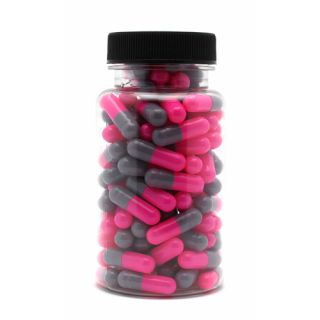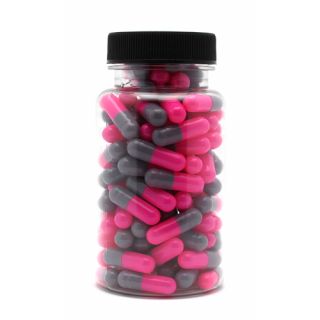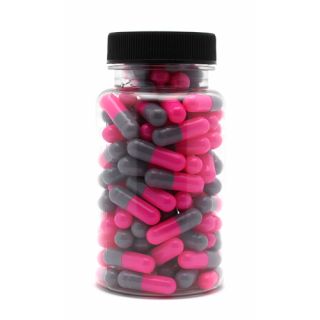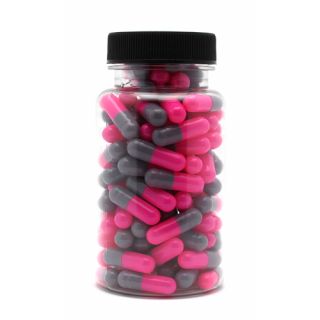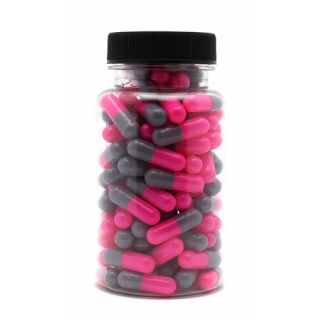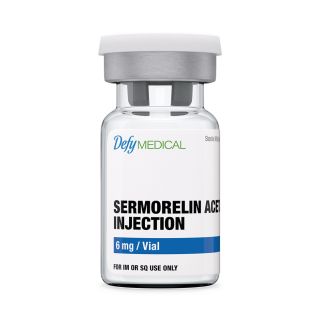Women's Health
-
 Progesterone 150mg (CLEAR) MCC capsuleLearn More
Progesterone 150mg (CLEAR) MCC capsuleLearn MoreProgesterone is a naturally occurring progestin; commonly prescribed in combination with estrogen-containing medications in postmenopausal women with a uterus to help reduce the risk of developing cancer of the uterus, as well as prevent abnormal thickening of the uterine lining in women taking estrogen
Learn More -
 Progesterone 200mg (CLEAR) E4M capsuleLearn More
Progesterone 200mg (CLEAR) E4M capsuleLearn MoreProgesterone is a naturally occurring progestin; commonly prescribed in combination with estrogen-containing medications in postmenopausal women with a uterus to help reduce the risk of developing cancer of the uterus, as well as prevent abnormal thickening of the uterine lining in women taking estrogen
Learn More -
 Progesterone 200mg (CLEAR) MCC capsuleLearn More
Progesterone 200mg (CLEAR) MCC capsuleLearn MoreProgesterone is a naturally occurring progestin; commonly prescribed in combination with estrogen-containing medications in postmenopausal women with a uterus to help reduce the risk of developing cancer of the uterus, as well as prevent abnormal thickening of the uterine lining in women taking estrogen
Learn More -
 Progesterone 250mg (CLEAR) E4M capsuleLearn More
Progesterone 250mg (CLEAR) E4M capsuleLearn MoreProgesterone is a naturally occurring progestin; commonly prescribed in combination with estrogen-containing medications in postmenopausal women with a uterus to help reduce the risk of developing cancer of the uterus, as well as prevent abnormal thickening of the uterine lining in women taking estrogen
Learn More -
 Semaglutide/Cyanocobalamin 1/1mg/mL (1ml vial) APSLearn More
Semaglutide/Cyanocobalamin 1/1mg/mL (1ml vial) APSLearn MoreSemaglutide is a synthetic glucagon-like peptide-1 receptor agonist (GLP-1 RA) that belongs to a class of antidiabetic agents called incretin mimetics.
Learn More
Cyanocobalamin is a vitamin of the B-complex family, commonly known as cobalamins (corrinoids). -
 Semaglutide/Cyanocobalamin 1/1mg/mL (5ml vial) APSLearn More
Semaglutide/Cyanocobalamin 1/1mg/mL (5ml vial) APSLearn MoreSemaglutide is a synthetic glucagon-like peptide-1 receptor agonist (GLP-1 RA) that belongs to a class of antidiabetic agents called incretin mimetics.
Learn More
Cyanocobalamin is a vitamin of the B-complex family, commonly known as cobalamins (corrinoids).

